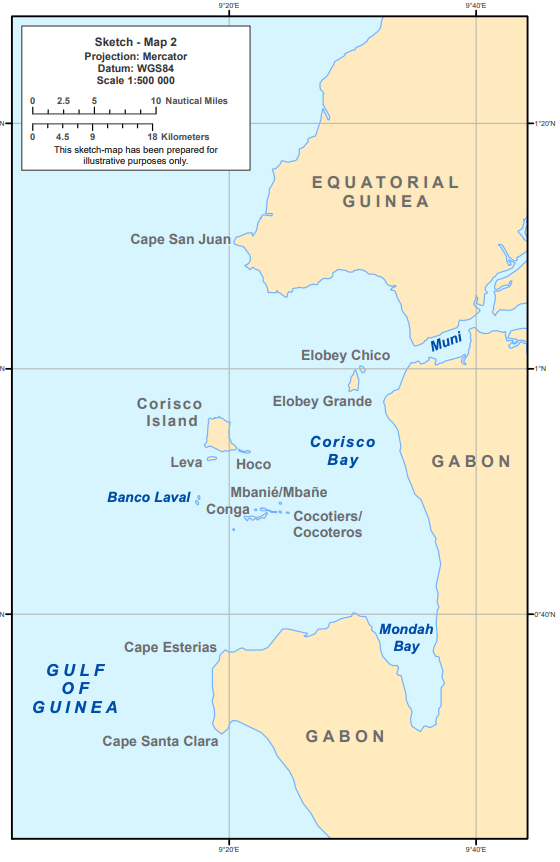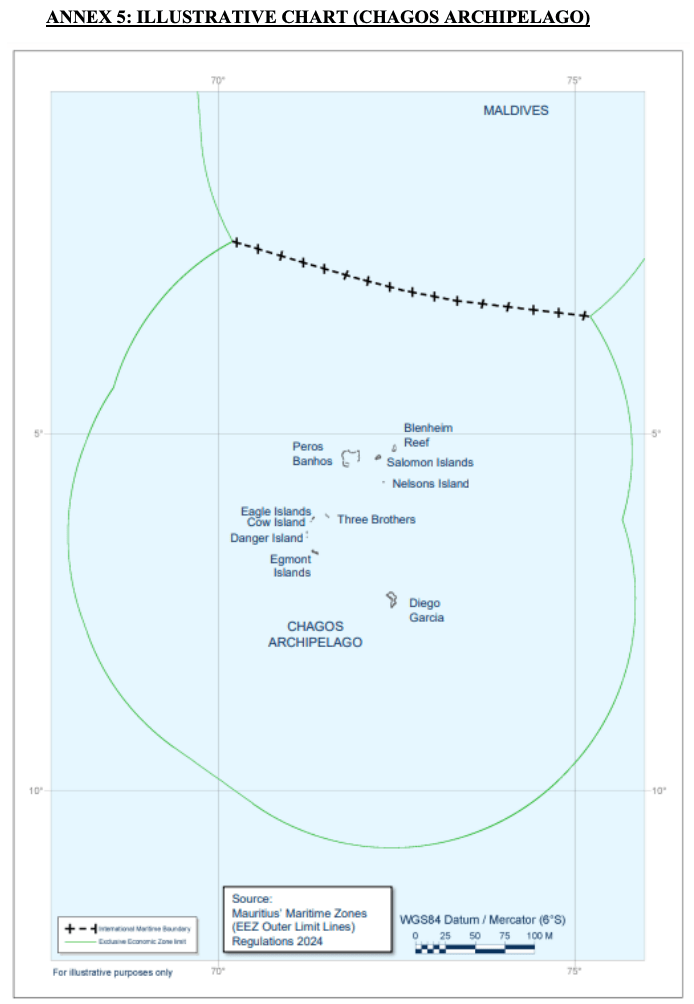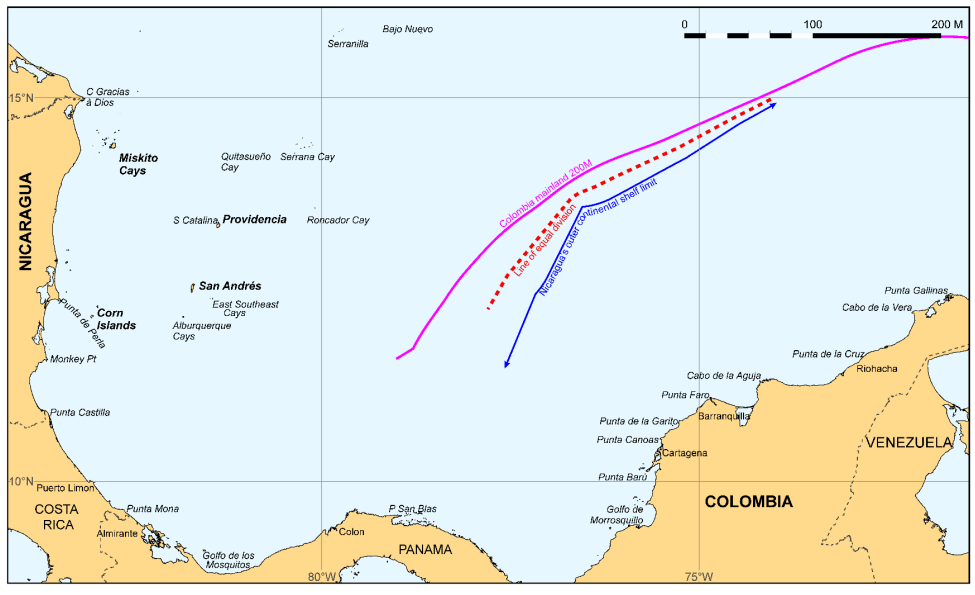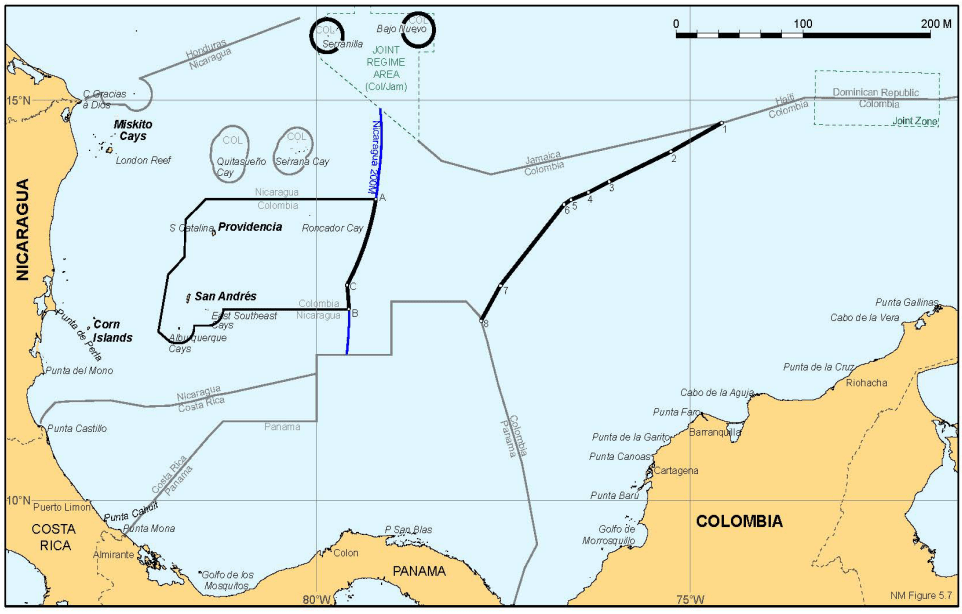For these reasons,
THE TRIBUNAL,
(1) Unanimously
Decides that it has jurisdiction to give the advisory opinion requested by the Commission.
(2) Unanimously
Decides to respond to the request for an advisory opinion submitted by the Commission.
(3) Unanimously
Replies to Question (a) as follows:
(a) Anthropogenic GHG emissions into the atmosphere constitute pollution of the marine environment within the meaning of article 1, paragraph 1, subparagraph 4, of the Convention.
(b) Under article 194, paragraph 1, of the Convention, States Parties to the Convention have the specific obligations to take all necessary measures to prevent, reduce and control marine pollution from anthropogenic GHG emissions and to endeavour to harmonize their policies in this connection. Such measures should be determined objectively, taking into account, inter alia, the best available science and relevant international rules and standards contained in climate change treaties such as the UNFCCC and the Paris Agreement, in particular the global temperature goal of limiting the temperature increase to 1.5°C above pre-industrial levels and the timeline for emission pathways to achieve that goal. The scope and content of necessary measures may vary in accordance with the means available to States Parties and their capabilities. The necessary measures include, in particular, those to reduce GHG emissions.
(c) The obligation under article 194, paragraph 1, of the Convention to take all necessary measures to prevent, reduce and control marine pollution from anthropogenic GHG emissions is one of due diligence. The standard of due diligence is stringent, given the high risks of serious and irreversible harm to the marine environment from such emissions. However, the implementation of the obligation of due diligence may vary according to States’ capabilities and available resources.
(d) Under article 194, paragraph 2, of the Convention, States Parties have the specific obligation to take all measures necessary to ensure that anthropogenic GHG emissions under their jurisdiction or control do not cause damage by pollution to other States and their environment, and that pollution from such emissions under their jurisdiction or control does not spread beyond the areas where they exercise sovereign rights. This obligation applies to a transboundary setting and is a particular obligation in addition to the obligation under article 194, paragraph 1. It is also an obligation of due diligence. The standard of due diligence under article 194, paragraph 2, can be even more stringent than that under article 194, paragraph 1, because of the nature of transboundary pollution.
(e) In terms of specific sources of pollution, marine pollution from anthropogenic GHG emissions can be characterized as pollution from land-based sources, pollution from vessels, or pollution from or through the atmosphere.
(f) Under articles 207 and 212 of the Convention, States Parties have the specific obligation to adopt laws and regulations to prevent, reduce and control marine pollution from GHG emissions from land-based sources and from or through the atmosphere, respectively, taking into account internationally agreed rules, standards and recommended practices and procedures contained, inter alia, in climate change treaties such as the UNFCCC and the Paris Agreement. To this effect, States Parties have the specific obligations to take other necessary measures and, acting especially through competent international organizations or diplomatic conference, to endeavour to establish global and regional rules, standards and recommended practices and procedures.
(g) Under article 211 of the Convention, States Parties have the specific obligation to adopt laws and regulations to prevent, reduce and control marine pollution from GHG emissions from vessels flying their flag or of their registry, which must at least have the same effect as that of generally accepted international rules and standards established through the competent international organization or general diplomatic conference.
(h) Under articles 213 and 222 of the Convention, States Parties have the specific obligation to enforce their national laws and regulations and to adopt laws and regulations and take other measures necessary to implement applicable international rules and standards established through competent international organizations or diplomatic conference to prevent, reduce and control pollution of the marine environment from anthropogenic GHG emissions from land-based sources and from or through the atmosphere, respectively.
(i) Under article 217 of the Convention, States Parties have the specific obligation to ensure compliance by vessels flying their flag or of their registry with applicable international rules and standards established through the competent international organization or general diplomatic conference and with their laws and regulations for the prevention, reduction and control of marine pollution from GHG emissions from vessels. To this end, they shall adopt laws and regulations and take other measures necessary for their implementation.
(j) Articles 197, 200 and 201, read together with articles 194 and 192 of the Convention, impose specific obligations on States Parties to cooperate, directly or through competent international organizations, continuously, meaningfully and in good faith, in order to prevent, reduce and control marine pollution from anthropogenic GHG emissions. Under article 197, States Parties have the specific obligation to cooperate in formulating and elaborating rules, standards and recommended practices and procedures, consistent with the Convention and based on available scientific knowledge, to counter marine pollution from anthropogenic GHG emissions. Under article 200, States Parties have the specific obligations to cooperate to promote studies, undertake scientific research and encourage the exchange of information and data on marine pollution from anthropogenic GHG emissions, its pathways, risks and remedies, including mitigation and adaptation measures. Under article 201, States Parties have the specific obligation to establish appropriate scientific criteria on the basis of which rules, standards and recommended practices and procedures are to be formulated and elaborated to counter marine pollution from anthropogenic GHG emissions.
(k) Under article 202 of the Convention, States Parties have the specific obligation to assist developing States, in particular vulnerable developing States, in their efforts to address marine pollution from anthropogenic GHG emissions. This article provides for the obligation of appropriate assistance, directly or through competent international organizations, in terms of capacity-building, scientific expertise, technology transfer and other matters. Article 203 reinforces the support to developing States, in particular those vulnerable to the adverse effects of climate change, by granting them preferential treatment in funding, technical assistance and pertinent specialized services from international organizations.
(l) Articles 204, 205 and 206 of the Convention impose on States Parties specific obligations of monitoring, publishing the reports thereof and conducting environmental impact assessments as a means to address marine pollution from anthropogenic GHG emissions. Under article 204, paragraph 1, States Parties have the specific obligation to endeavour to observe, measure, evaluate and analyse the risks or effects of pollution of the marine environment from anthropogenic GHG emissions. Under article 204, paragraph 2, States Parties have the specific obligation to keep under continuing surveillance the effects of activities they have permitted, or in which they are engaged, in order to determine whether such activities are likely to pollute the marine environment through anthropogenic GHG emissions. Under article 205, States Parties have the specific obligation to publish the results obtained from monitoring the risks or effects of pollution from such emissions or to communicate them to the competent international organizations for their dissemination. Under article 206, States Parties have the specific obligation to conduct environmental impact assessments. Any planned activity, either public or private, which may cause substantial pollution to the marine environment or significant and harmful changes thereto through anthropogenic GHG emissions, including cumulative effects, shall be subjected to an environmental impact assessment. Such assessment shall be conducted by the State Party under whose jurisdiction or control the planned activity will be undertaken with a view to mitigating and adapting to the adverse effects of such emissions on the marine environment. The result of such assessment shall be reported in accordance with article 205 of the Convention.
(4) Unanimously
Replies to Question (b) as follows:
(a) The Tribunal’s response to Question (a) is relevant to its response to Question (b). Subparagraphs (j), (k) and (l) of operative paragraph (3) are of particular relevance in this regard.
(b) The obligation under article 192 of the Convention to protect and preserve the marine environment has a broad scope, encompassing any type of harm or threat to the marine environment. Under this provision, States Parties have the specific obligation to protect and preserve the marine environment from climate change impacts and ocean acidification. Where the marine environment has been degraded, this obligation may call for measures to restore marine habitats and ecosystems. Article 192 of the Convention requires States Parties to anticipate risks relating to climate change impacts and ocean acidification, depending on the circumstances.
(c) This obligation is one of due diligence. The standard of due diligence is stringent, given the high risks of serious and irreversible harm to the marine environment from climate change impacts and ocean acidification.
(d) Under article 194, paragraph 5, of the Convention, States Parties have the specific obligation to protect and preserve rare or fragile ecosystems as well as the habitat of depleted, threatened or endangered species and other forms of marine life from climate change impacts and ocean acidification.
(e) Under articles 61 and 119 of the Convention, States Parties have the specific obligations to take measures necessary to conserve the living marine resources threatened by climate change impacts and ocean acidification. In taking such measures, States Parties shall take into account, inter alia, the best available science and relevant environmental and economic factors. This obligation requires the application of the precautionary approach and an ecosystem approach.
(f) The obligation to seek to agree under article 63, paragraph 1, and the obligation to cooperate under article 64, paragraph 1, of the Convention, require States Parties, inter alia, to consult with one another in good faith with a view to adopting effective measures necessary to coordinate and ensure the conservation and development of shared stocks. The necessary measures on which consultations are required must take into account the impacts of climate change and ocean acidification on living marine resources. Under article 118 of the Convention, States Parties have the specific obligation to cooperate in taking measures necessary for the conservation of living marine resources in the high seas that are threatened by climate change impacts and ocean acidification.
(g) Under article 196 of the Convention, States Parties have the specific obligation to take appropriate measures to prevent, reduce and control pollution from the introduction of non-indigenous species due to the effects of climate change and ocean acidification which may cause significant and harmful changes to the marine environment. This obligation requires the application of the precautionary approach.
Advisory Opinion on Request of COSIS, para 441.




